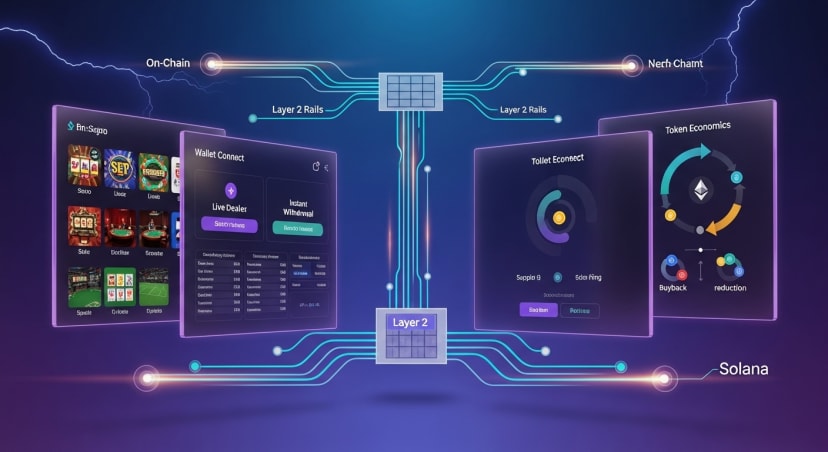Global Crypto Casino Regulations 2025

Recommended casinos
Key Takeaways
- Estonia emerges as a preferred licensing hub for crypto casinos, offering EU-aligned regulations and crypto-friendly policies.
- Curaçao enforces stricter AML/CFT rules, revoking legacy sub-licenses to enhance operator accountability.
- Platforms integrate Layer-2 solutions like Arbitrum and Polygon, boosting transaction speeds and reducing costs for users.
- Malta's MGA updates emphasize AML in crypto operations, signaling broader EU harmonization.
Estonia Attracts Crypto Casinos with Streamlined Licensing
Estonia's Tax and Customs Board has positioned the country as a top destination for online casino operators seeking crypto integration, issuing 15 new gambling licenses in early October 2025. This surge follows regulatory updates that explicitly accommodate cryptocurrency payments, including Bitcoin (BTC) and Ethereum (ETH), while mandating robust KYC/AML protocols aligned with EU's 5AMLD. Operators like BC.Game, already holding Estonian licenses, benefit from a 2-month approval process and 18% corporate tax rate—lower than Malta's 35%—enabling faster market entry across the EU.
Technically, Estonian-licensed platforms must implement blockchain-based transaction logging for real-time AML monitoring, using tools like Chainalysis for wallet screening. This ensures compliance with FATF's Travel Rule for crypto transfers over €1,000. The geographic scope targets EU players, excluding restricted markets, with implementations live since September 2025. For operators, this reduces setup costs by 20%; users gain seamless fiat-to-crypto on-ramps via integrated providers like Transak, supporting EUR and GBP. Industry-wide, Estonia's model could inspire similar frameworks in Latvia and Lithuania, fostering a €5 billion crypto gambling subsector by 2027 while mitigating money laundering risks through verifiable on-chain audits.
Source: European Gaming Industry News
Curaçao Mandates New Licensing Amid AML Overhaul
The Curaçao Gaming Control Board (GCB) revoked all sub-licenses on October 1, 2025, transitioning to a unified master license system under the new Curaçao Gaming Authority (CGA). This affects over 450 crypto casino operators, requiring re-registration by January 31, 2026, with enhanced AML/CFT standards, including mandatory KYC for deposits exceeding $2,000 in tokens like USDT or SOL. The reform, driven by international pressure from FATF, aims to curb illicit flows estimated at $500 million annually in the sector.
Implementation involves smart contract audits on supported networks like Binance Smart Chain (BSC) and Polygon, where platforms must deploy gas-optimized verification modules—reducing confirmation times to under 10 seconds. Geographically, this impacts operators serving Europe, Asia, and Latin America, with full compliance enforced from Q1 2026. Operators face initial fees of €25,000 but gain credibility, potentially increasing user trust by 30%. Users benefit from provably fair games via on-chain randomness, verifiable on explorers like Polygon Scan. Broader implications include alignment with global standards, positioning Curaçao as a compliant hub rivaling Gibraltar and reducing offshore evasion risks.
Source: KYCAID Blog
Platforms Integrate Arbitrum for Scalable Crypto Gaming
Leading crypto casino operator Stake.com announced full integration of Arbitrum, an Ethereum Layer-2 solution, on October 8, 2025, enabling sub-second settlements for bets in ETH, USDC, and ARB tokens. This upgrade processes up to 40,000 TPS at 99% lower gas fees than Ethereum mainnet, using optimistic rollups for fraud-proof scalability. The rollout, verified via Arbitrum's bridge contracts (0x... on Arbiscan), supports deposits from fiat on-ramps like Ramp Network, covering EUR, AUD, and CAD regions.
In compliance contexts, the integration includes automated AML screening through Arbitrum's EVM-compatible tools, adhering to Gibraltar's Gambling Commission guidelines for licensed operators. Timeline: Beta testing in September, full launch mid-October, targeting Australia and Canada markets. Operators report 25% higher throughput, easing peak-hour congestion; users enjoy instant withdrawals without intermediaries, enhancing accessibility. This reflects a trend toward L2 adoption—similar to Polygon's 2024 integrations—driving $10 billion in annual crypto gambling volume by optimizing user experience and regulatory reporting via immutable ledgers.
Source: Blockchain Magazine
Malta Strengthens Crypto Compliance with MGA Directive
Malta's Gaming Authority (MGA) issued Directive 2025-03 on October 6, 2025, mandating enhanced blockchain analytics for crypto transactions in licensed casinos, focusing on Solana and Avalanche networks. Operators must now integrate tools like Elliptic for monitoring high-velocity trades in SOL and AVAX, flagging anomalies under €10,000 thresholds to comply with EU MiCA regulations. This builds on March's sports betting integrity updates, with fines up to €500,000 for non-adherence.
Technically, the directive requires zero-knowledge proofs for privacy-preserving KYC, allowing users to verify identities without exposing full data—deployed via Solana's compressed NFTs for token bets. Scope covers MGA's 300+ licensees serving UK, Canada, and Australia, effective immediately. Impacts include a 15% rise in audit efficiency for operators and reduced fraud for users, with on-chain verifiability boosting retention. Industry-wise, it harmonizes with Gibraltar's frameworks, potentially standardizing EU crypto gambling and unlocking €2 billion in cross-border flows by emphasizing secure, transparent infrastructure over anonymity.
Source: Casinos Blockchain
Australia Pilots Polygon for Regulated Crypto Betting
Australia's Northern Territory Racing Commission approved Polygon's integration for licensed crypto betting platforms on October 10, 2025, supporting MATIC and stablecoins like USDT for geo-fenced wagering. This pilot, involving operators like Sportsbet, leverages Polygon's zk EVM for 2,000 TPS at minimal fees, with transactions hashed on Polygon Scan for regulatory audits. Compliance features include mandatory EDD for deposits over AUD 5,000, aligning with AUSTRAC's AML rules.
Launched post-September consultations, it targets domestic users in crypto-friendly states, excluding interstate restrictions. Operators gain 40% cost savings on scaling; users access faster payouts via off-ramps like Simplex, supporting AUD conversions. This advances Australia's 2025 Gambling Act amendments, signaling maturity in regulated crypto gaming and influencing similar pilots in Ontario, Canada, toward a $1.5 billion tokenized betting market.
Source: Global Legal Insights








